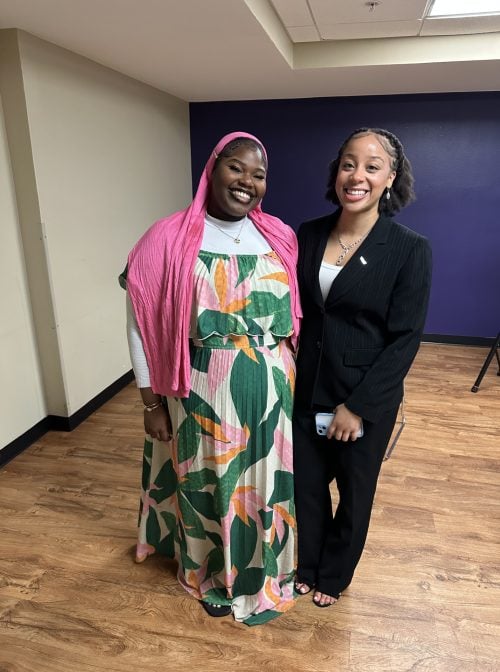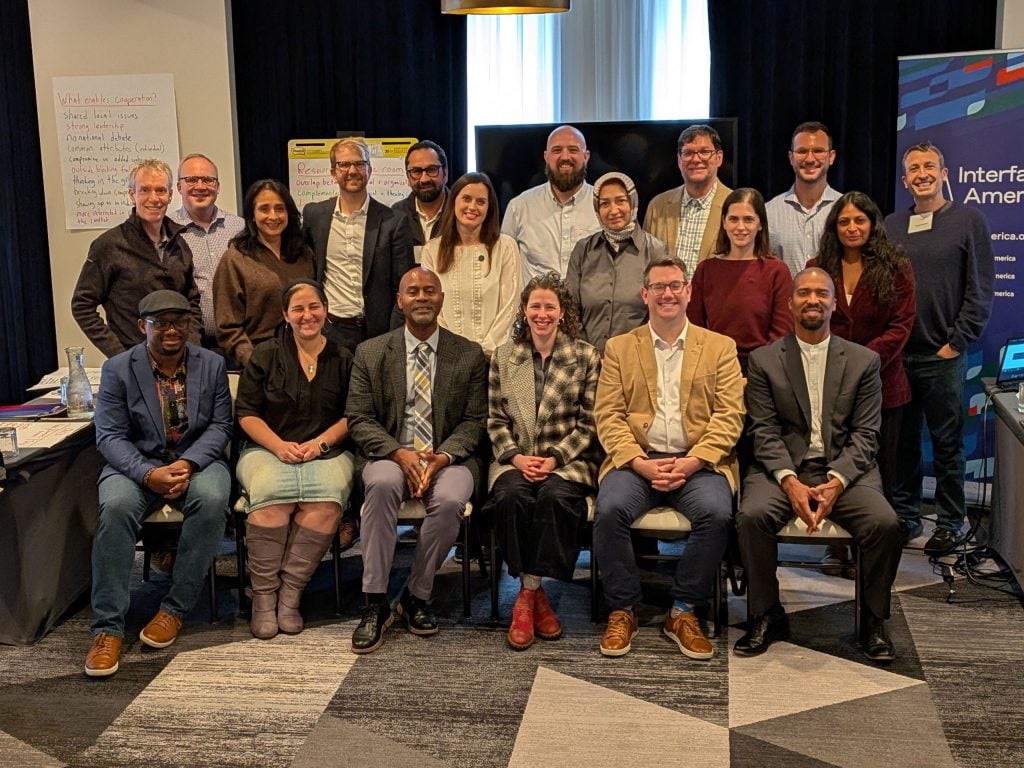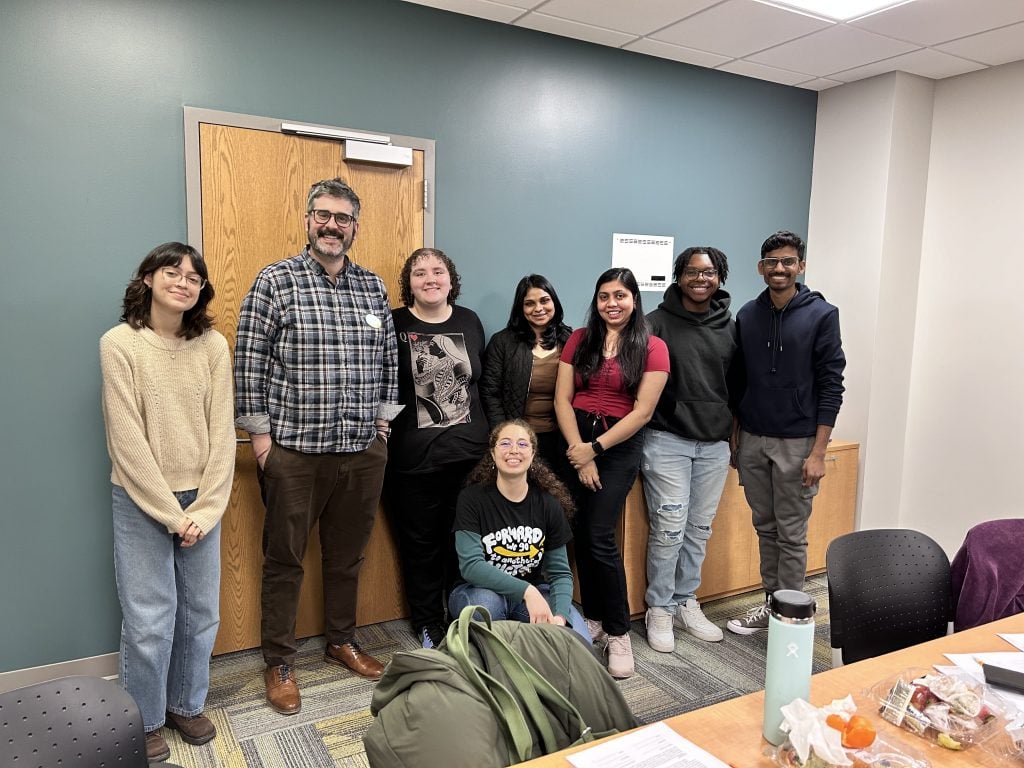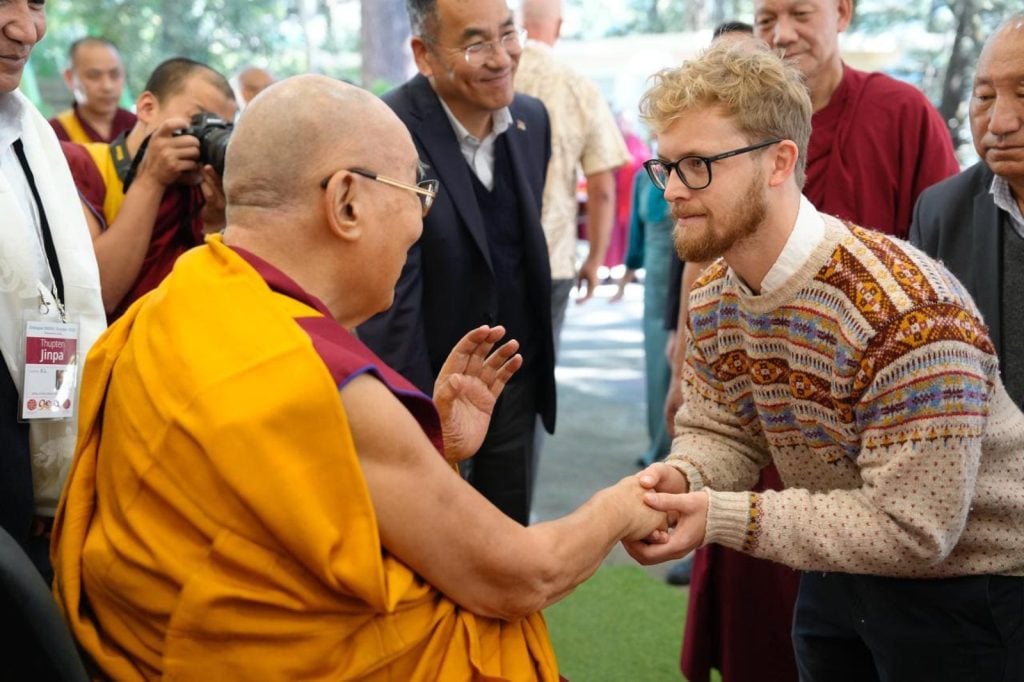The second year of the Advancing Religious Pluralism Grant from Interfaith America, to drive interfaith cooperation and learning, was a success in making connections and strengthening community on the historic campus of Wiley University in Marshall, Texas.
Wiley was the only HBCU (Historically Black College and University) to receive the award. Last year’s focus was to expand the interfaith Alternative Spring Break program, highlighting religious identity, diversity, and educational rigor. The experience, which took participants to Washington, D.C., encompassed an array of worship traditions including: two Christian services at Alfred Street Baptist Church in Alexandria, Virginia and Shiloh Baptist Church in Washington, D.C.; a Sunday Diwan at the Guru Gobind Singh Foundation, a Sikh gurdwara; an Islamic Jummah (Friday) prayer service with Howard University’s Muslim Student Association; and a Jewish Shabbat dinner with students from Hillel at George Washington University.
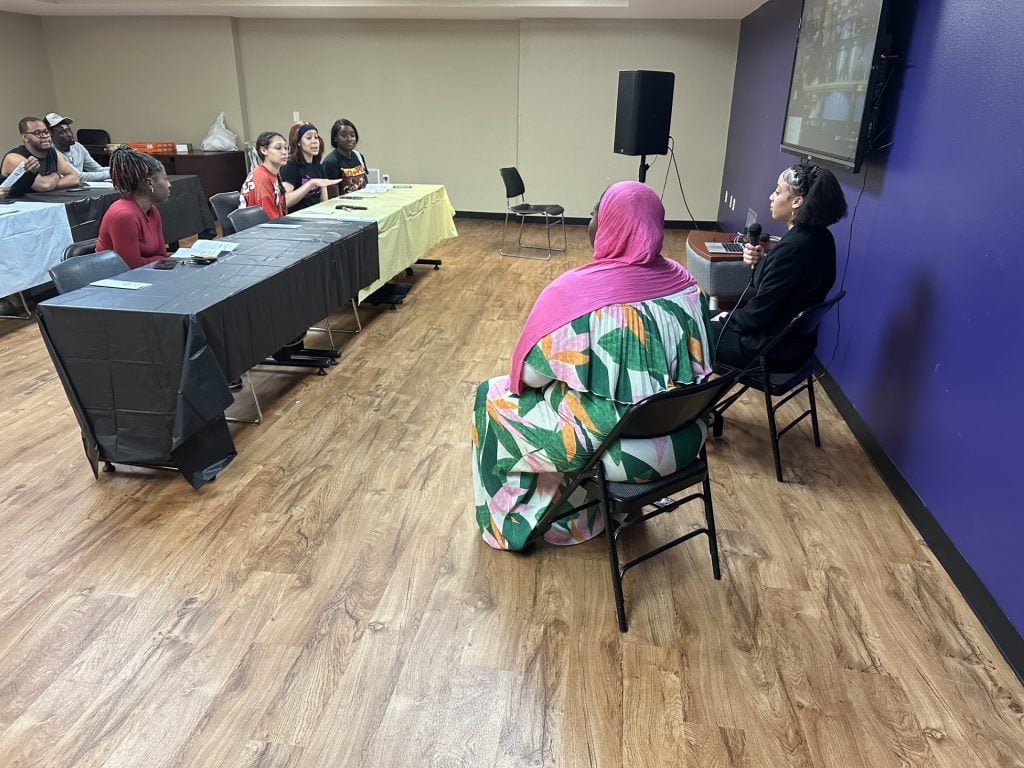
This year, the focus shifted to intentional on-campus encounters to embed interfaith education and attention to religious diversity. The goal was to widen the community’s interaction with other faith traditions. The community was guided by the establishment of an Interfaith Emissaries program, which allowed student leaders to marshal their peers in the work of interfaith and religious dialogue. Students Krysta Michelle Thomas and Zekiyah Iman Hendrix were selected for their desire to create innovative programming around religious plurality. In her application, Krysta called religion “the common thread that holds everyone together.” In Zekiyah’s application, she shared her desire to be “part of a broader, inclusive community, breaking down barriers and fostering a sense of belonging and cooperation among diverse groups.”
The Wiley University Interfaith Emissaries produced major programs to foster interfaith cooperation. Their first program, entitled “Bridges and Bonds,” was a conversation on Lent and Ramadan. This event created the coming together of faith and community highlighting Christian and Islamic prayer practices. Participants were led in a discussion by Muslim and Christian students who shared their experiences engaging in particular disciplines, especially being away from home while in school.
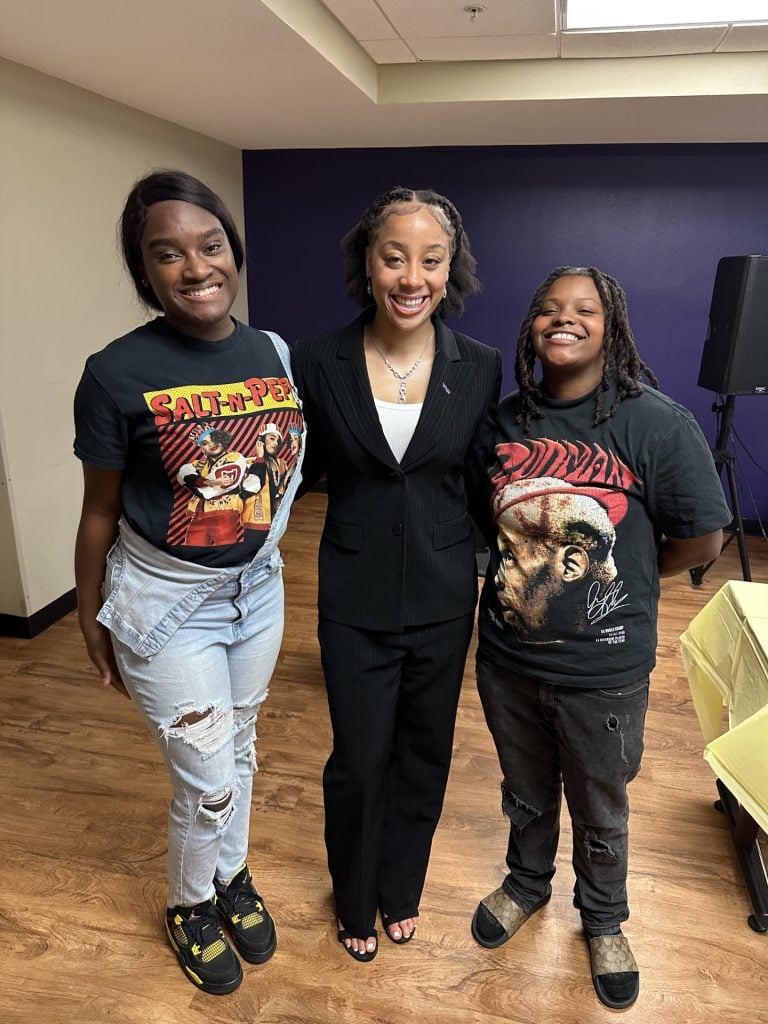
The Interfaith Emissaries were also sponsors of Wiley’s Religious Emphasis Week 2025. Religious Emphasis Week is a time-honored tradition at HBCUs which lifts church-related history and connects the past with the present. The theme, “Spirituality Service Scholarship” was an ode to the mantra of the chapel and the tenets that guide its work. The week included events like the Wiley University Day of Service, Sunday Night Live, and a Lent Bible Study.
The marquee event was the Interfaith Game Night and Spades Tournament. The Interfaith Emissaries taught participants about various faith traditions and religious symbols. Participants left the program informed and empowered. In a survey on campus, over half of the students who participated in a religious group or community program said it positively impacted their college experience.
The Reverend Cecil Andrew Duffie, Ph.D., serves as Dean of the Chapel at Tuskegee University. He most recently completed a four-year tenure as Dean of the Julius S. Scott, Sr. Chapel of Wiley University in Marshall, Texas. He earned a Ph.D., M.Div., and a Certificate of Executive Leadership from Howard University, and a B.S. in Telecommunication from the University of Florida. Dr. Duffie enjoys crafting interfaith experiences that highlight religious identity, diversity, and educational rigor to enrich collegiate life.
